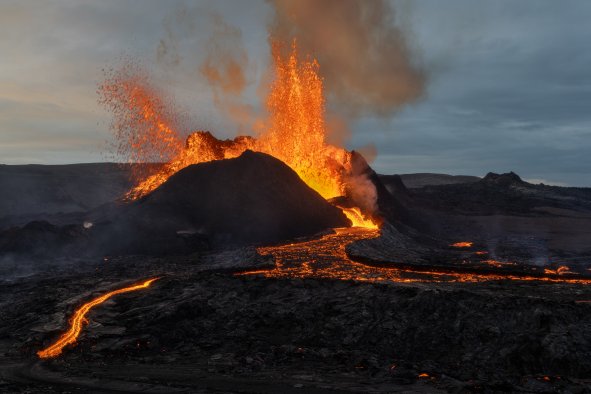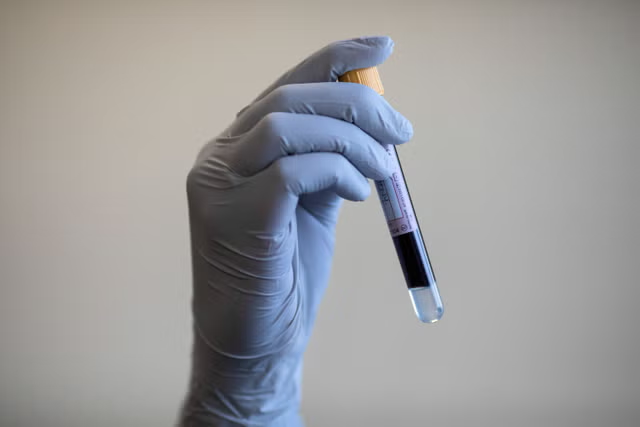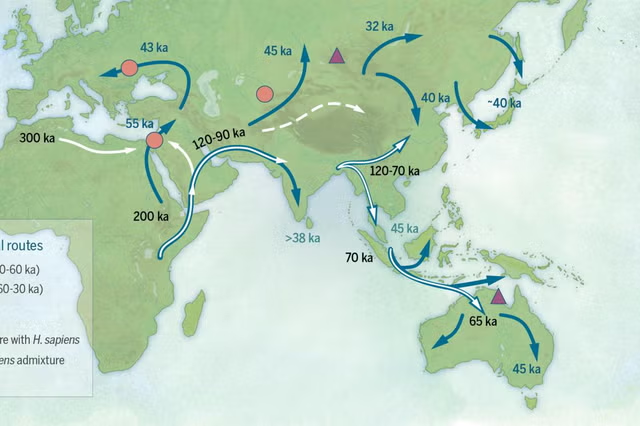A significant number of cocoa products, including chocolate, sold in the U.S. by retailers such as Whole Foods, Amazon and GNC may exceed safety guidelines for heavy metals, with organic options being the worst offenders.
A new study published in Frontiers in Nutrition reveals that 43 percent of cocoa products studied exceeded the maximum allowable dose for lead, and 35 percent exceeded the limit for cadmium.
Products labeled as organic also showed higher levels of both heavy metals compared to non-organic options.
Newsweek has reached out to Whole Foods, Amazon and GNC via email for comment.
Researchers from George Washington University analyzed 72 consumer cocoa products, including dark chocolate, every other year, over an eight-year period.
They tested for contamination by lead, cadmium, and arsenic—heavy metals that pose health risks such as neurological damage, kidney disease, and cancer at high levels.
However, none of the products exceeded the maximum allowable dose level for arsenic.
For the average consumer, a single serving of these cocoa products is not likely to carry a serious risk based on the median concentrations found. However, multiple servings or consuming them with other heavy metal products could exceed safe exposure limits, the authors said.
"We all love chocolate but it's important to indulge with moderation, as with other foods that contain heavy metals, including large fish like tuna and unwashed brown rice," Leigh Frame, study author, director of integrative medicine and associate professor at George Washington, said in a statement.
"While it's not practical to avoid heavy metals in your food entirely, you must be cautious of what you are eating and how much."
The study authors highlight that the findings about dark chocolate are especially significant, given that it has been widely recommended for its potential health benefits, including improvements in cardiovascular health, cognitive function, and reduction of chronic inflammation.
Using maximum allowable dose levels, researchers assessed heavy metal contamination in various chocolate products from both online retailers and physical grocery stores.
Heavy metal contamination in consumer foods remains a serious global issue. However, there is evidence of progress in the U.S. where the levels of heavy metals found in people's blood have dropped by nearly 95 percent since 1976.
Seafood, particularly shellfish, can also contain heavy metals like lead, cadmium and mercury which can be dangerous if consumed in large quantities. These contaminants accumulate in fish as a result of ocean pollution.
High levels of cadmium have been identified in organ meats, such as liver and kidneys, due to the accumulation of this metal from contaminated feed and environmental sources.
The researchers emphasize that consumers should be cautious about potential cumulative exposure risks, especially with organic cocoa products, as these may contain higher concentrations of heavy metals.
Do you have a tip on a science story that Newsweek should be covering? Do you have a question about lead contamination? Let us know via science@newsweek.com.
Disclaimer: The copyright of this article belongs to the original author. Reposting this article is solely for the purpose of information dissemination and does not constitute any investment advice. If there is any infringement, please contact us immediately. We will make corrections or deletions as necessary. Thank you.



